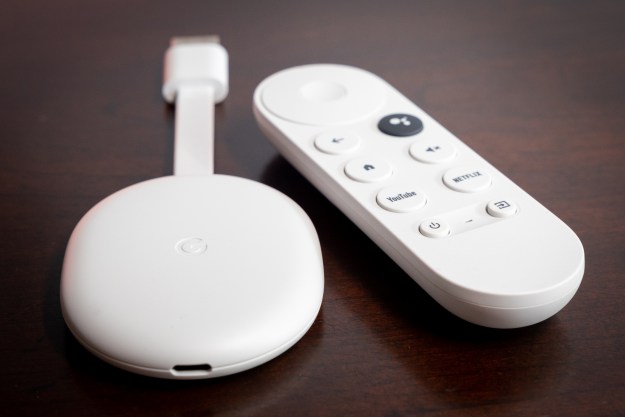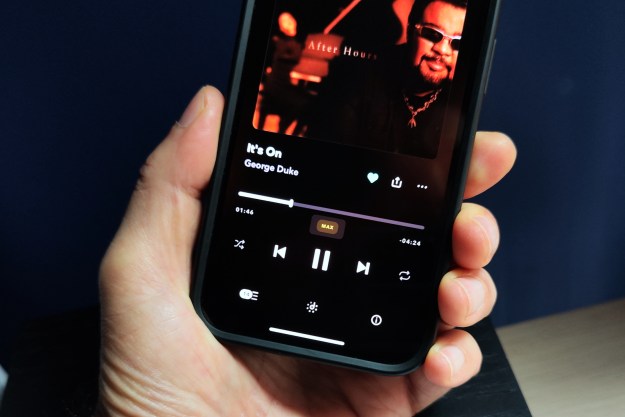
Niveus Media has unveiled expanded versions of its Niveus Storage Server, with expanded capacity offering up to 4 TB of digital media storage. However, more interesting for folks deep into digital media is Niveus’ new Reflection technology, which can manage media across multiple media servers in remote locations, whether those are rooms at the other end of the house…or vacation homes at the other end of the world.
“With the release of Niveus Reflection Technology, our customers have an automated system for managing their data across multiple locations,” said Niveus CEO and co-founder Tim Cutting, in a statement. “Now, Niveus customers can enjoy one of the most advanced and mature personal storage server products available on the market.”
Niveus Reflection technology enables users to keep Internet-connected remote Storage Servers in sync with a master Storage Server, automatically picking up any changes. The technology also enables content on remote servers to be backed up to the master server. The idea is that users can get access to their entire media collection from not just their home, but their office, vacation home, relative’s house, or anywhere else they want to have consistent access to their media storage.
The Niveus Storage Servers are available in 2 TB and 4 TB capacities, with a rack-mount option for folks who don’t want to slide one into an A/V cabinet. The units feature uPnP capability, dedicated PC client software, automatic backup of media and documents, advanced searching capabilities, near-silent operation, lower power consumption, and RAID 0 or RAID 5 capability.
Niveus has also introduces a Storage Server Pro with 4 TB capacity and 75 percent better transfer speeds.
Niveus is offering the 2 TB Storage Server for $2,999, while the 4 TB Storage Server Pro goes for $5,999. And remember, you need Storage Servers for your remote locations, too.


